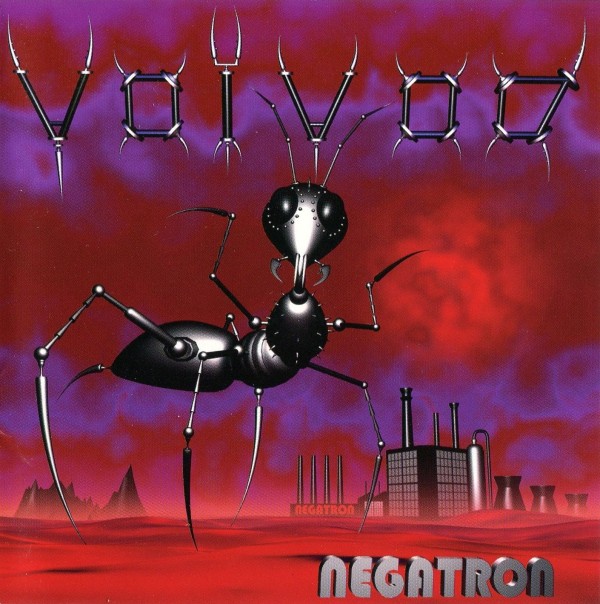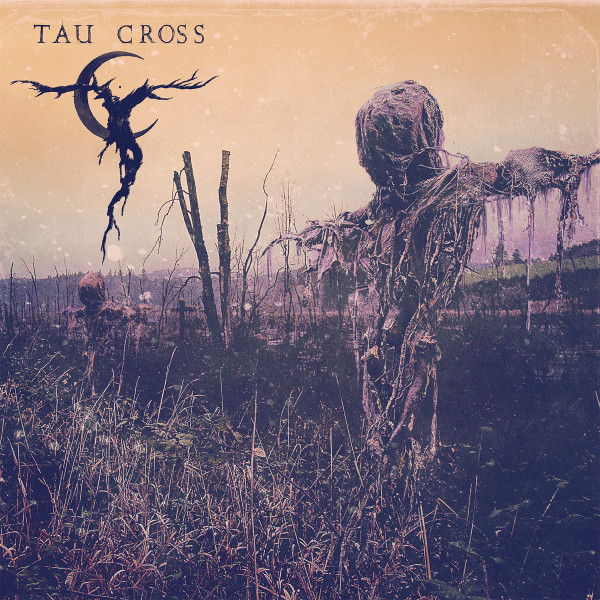In the mid-1990s, it became clear that death metal and black metal had run through their formative and matured material and were now in decline, so bands experimented with developing older styles of metal using the new techniques. Voivod dropped Negatron into this period with a fusion of Ministry, old Voivod and Master of Puppets-era Metallica accented by alternative rock vocals. The result came about a decade before the audience was ready.
Continuity from classic Voivod remains present throughout in not the odd riffs, angular melodies, inverted guitar chords and challenging tempo changes but also the overall sensibility, which creates a sense of unease and infinite possibility at the same time as is appropriate for the sci-fi theme of the band. That impulse translates into Ministry-styled industrial-influenced percussion and the complex phrase-based but rhythmically-centered riffing of mid-period Metallica, creating a smooth fusion that can hold its own against mainstream heavyweights like Pantera, who dominated speed metal at the time. Instead of focusing on easy grooves however, Voivod center their music around disruption and order emerging from chaos, giving these alternative-rock style choruses built around the vocal a space to expand and a strong musical bedrock on which to develop. Vocalist/bassist Eric Forrest gives a strained vocal cord performance which adds to the urgency of the material, and creates a sinister suspension of what we normally think of as reality.
The creative riffs of classic Voivod are here, but bent and twisted around complex rhythms and given more standard power chords to anchor them around an increasingly irresistible rhythm. Like most of mid-90s metal, Negatron anticipates the underground being re-absorbed into the larger world of metal, and does so with distorted vocals and death metal strumming techniques mixed in with the progressive speed metal touches from earlier bands. What propels this album forward is its ability to bring out an underlying narrative and reveal a hidden side to the previous explanation for how its pieces fit together, causing — like good death metal, or even Carbonized which it periodically resembles — a sensation of discovery for the listener. Its task was Herculean because the type of listener who likes mainstream power metal will probably find this inscrutable, and underground listeners balked at the Nirvana-plus-Amebix vocal stylings. Their loss, because this album provides solid speed metal with the best integration of progressive and industrial influences yet seen.
3 CommentsTags: denis d'amour, eric forrest, industrial metal, michel langevin, progressive metal, Speed Metal, Voivod



